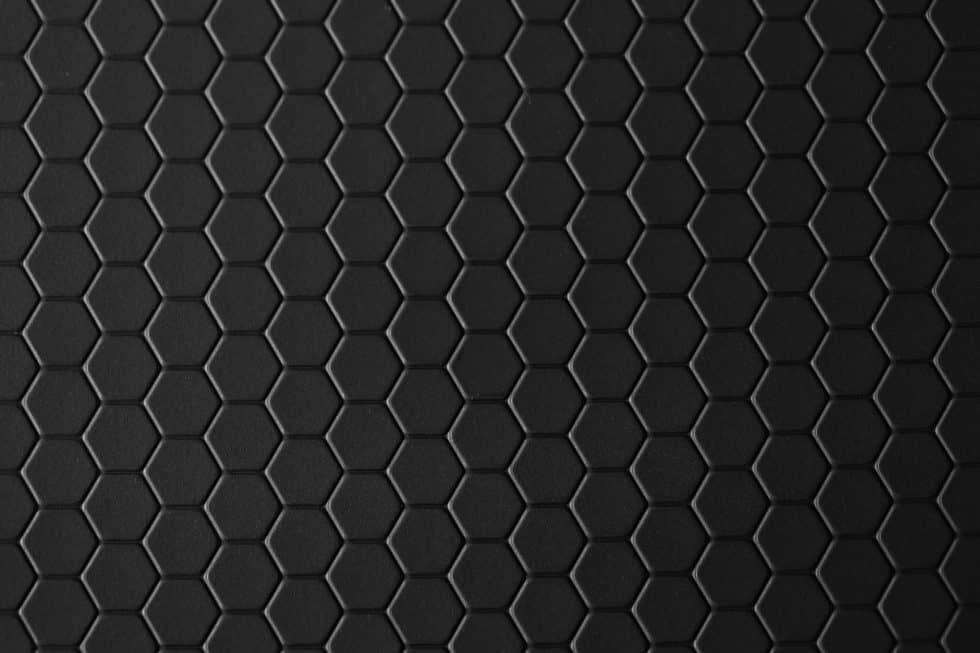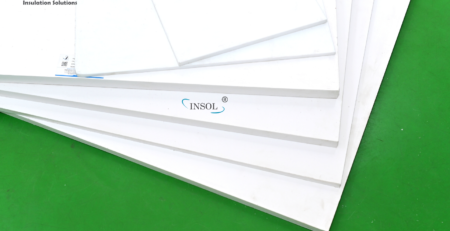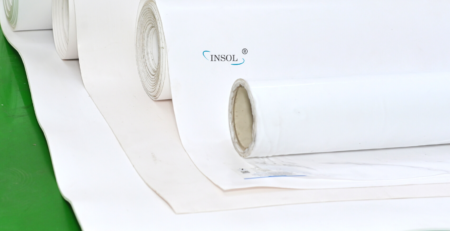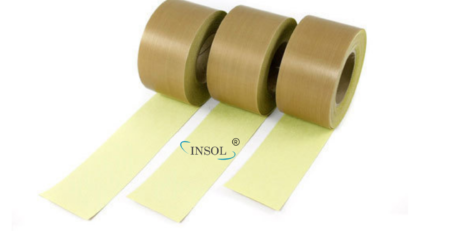Pros and Cons of Teflon/PTFE Coating
What is Teflon Coating?
Teflon coating is a process in which a layer of fluoropolymer is applied to a substrate. This coating provides a barrier to a variety of chemicals and is often used to protect cookware from sticking.
PTFE/Teflon coating has a wide range of benefits. With this type of coating, the surface is protected from corrosion, temperature extremes, UV light and abrasion. This means that the item will last much longer than if it was left unprotected. PTFE coatings are also very smooth, which means that they are much less likely to absorb dirt, grease and other contaminants. This means that they will stay cleaner for longer and will be much easier to clean.
There are many different types of PTFE coatings available, so you should be able to find one that is suitable for your needs. You can also get PTFE coatings in a variety of colors, so you can choose one that will complement your existing decor.
If you are looking for a PTFE coating for your home or office, you should contact a reputable company that specializes in this type of coating. They will be able to advise you on the best type of coating for your needs.
Advantages of Teflon:
- It has excellent electrical, chemical and weather resistance.
- It is one of the most slippery substances known, so it is used as a non-stick coating for cookware, as well as for other applications where reduced friction is desired.
- It has a very low coefficient of friction, so it is used as a lubricant in many applications.
- It is a very good insulator, so it is used in many electrical applications.
- It is very stable at high temperatures and does not degrade.
Disadvantages of Teflon:
- It is a synthetic polymer, so it is not biodegradable.
- It can be toxic if inhaled or ingested.
- It can be dangerous if it comes into contact with high temperatures, as it can release toxic fumes.
- Price – it is not a low-cost polymer
- Production sizes – it is not easy to mass-produce
- It cannot be cemented
- It can change shape under pressure
- It is unweldable
- It cannot withstand extremely high temperatures and melts at 326 celsius






Comment (1)
This is the perfect webpage for everyone who wishes to understand this topic. You realize so much its almost hard to argue with you (not that I personally would want toÖHaHa). You definitely put a brand new spin on a subject that has been written about for a long time. Great stuff, just great!